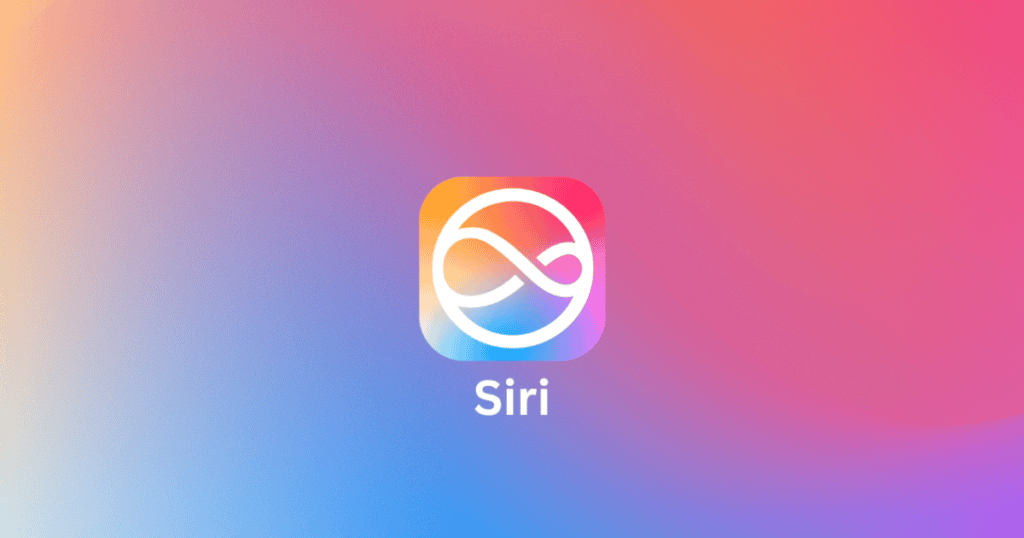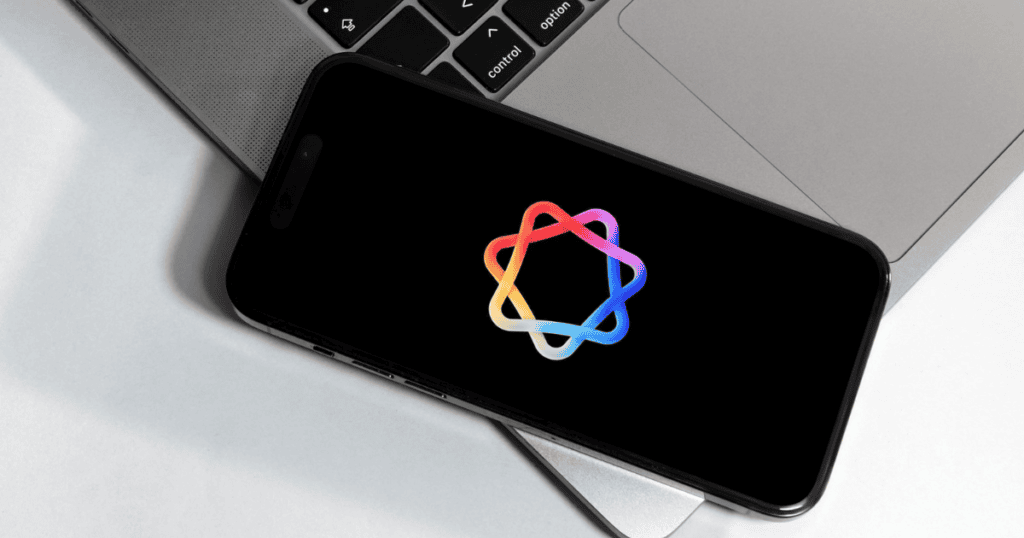Apple is taking a significant step forward in the world of artificial intelligence with its upcoming “LLM Siri,” a major overhaul of its virtual assistant. Designed to rival advanced AI chatbots like ChatGPT, this iteration of Siri will leverage large language models (LLMs) to enhance conversational capabilities, making it smarter, more intuitive, and better equipped to handle complex interactions.
What is LLM Siri?
LLM Siri represents a new direction for Apple, combining the power of large language models with the company’s user-centric design philosophy. By integrating advanced AI, the new Siri will move beyond the basic functionality of today’s virtual assistants, aiming for more natural and human-like conversations.
Unlike the current version of Siri, which often relies on predefined commands and limited contextual understanding, LLM Siri will focus on maintaining context over extended conversations. This will enable it to handle multi-step requests, respond more dynamically, and provide a seamless user experience.
The Role of Large Language Models
Large language models, or LLMs, have transformed the AI landscape, and Apple’s adoption of this technology is a significant milestone. These models process vast amounts of data to understand and generate human-like text. In the case of LLM Siri, this means it will be able to:
- Understand nuanced user inputs.
- Generate contextually relevant and accurate responses.
- Handle more complex and multi-layered tasks, such as planning an itinerary or creating a detailed shopping list.
By using an advanced LLM, Apple is bridging the gap between traditional virtual assistants and modern conversational AI tools like OpenAI’s ChatGPT or Google Bard.
Projected Timeline and Development
Apple has set an ambitious timeline for LLM Siri, with the new assistant expected to launch in spring 2026. A preview is anticipated at the June 2025 Worldwide Developers Conference (WWDC), where Apple is likely to unveil this breakthrough technology alongside iOS 19.
In the interim, Apple is laying the groundwork with improvements to Siri in iOS 18, powered by a first-generation Apple LLM. This version aims to improve request analysis and determine whether to rely on the existing Siri framework or shift to the more advanced capabilities of the LLM.
The development process includes rigorous testing through a standalone app across Apple’s ecosystem, including iPhones, iPads, and Macs. This phased approach ensures the technology is refined before its full integration into Siri.
Integration with Apple Intelligence
Apple Intelligence, a core feature in iOS, is evolving alongside Siri’s development. With the release of iOS 18, Siri will gain preliminary enhancements from Apple’s initial LLM deployment. This hybrid approach will:
- Use AI to assess user requests dynamically.
- Determine whether to respond using the traditional Siri framework or advanced LLM functionalities.
- Lay the foundation for seamless integration of LLM Siri in future updates.
This strategy not only enhances Siri in the short term but also ensures a smoother transition to the full capabilities of LLM Siri.
Enhanced User Interaction
The ultimate goal of LLM Siri is to create more human-like interactions, making it easier for users to communicate with the virtual assistant. By improving its ability to understand natural language and maintain context across conversations, LLM Siri aims to:
- Reduce user frustration by eliminating the need for repeated clarifications.
- Deliver personalized and context-aware responses.
- Handle complex tasks with minimal input, such as scheduling events or managing smart home devices.
This evolution marks a significant departure from the command-driven approach of current assistants, positioning LLM Siri as a leader in intuitive AI interactions.
Overcoming Technological Dependencies
While Apple has made strides in AI, some advanced functionalities in iOS 18.2 still rely on external technologies like OpenAI’s ChatGPT. This highlights the importance of Apple developing its own robust LLM infrastructure to achieve full autonomy and maintain its commitment to privacy and security.
By creating a proprietary LLM for Siri, Apple can ensure that its virtual assistant remains tightly integrated within its ecosystem while safeguarding user data.
What This Means for Users
For everyday users, LLM Siri promises to be a game-changer. Imagine being able to ask Siri:
- “Plan a family vacation itinerary for Hawaii in July, including activities for kids.”
- “Remind me to buy milk when I’m near a grocery store.”
- “Draft an email to my boss about the project update.”
With LLM Siri, these requests would not only be understood but also executed with precision, saving time and effort.
The Competitive Landscape
Apple’s push for LLM Siri reflects its need to stay competitive in an AI-driven market. Rivals like Google and Amazon have already made significant advancements in their respective assistants. Meanwhile, third-party AI tools like ChatGPT have raised user expectations for conversational AI.
By leveraging its vast hardware and software ecosystem, Apple has the opportunity to deliver a superior experience. The integration of LLM Siri across iPhones, Macs, Apple Watches, and HomePods ensures a consistent and seamless experience for users.
MacReview Verdict
LLM Siri is Apple’s answer to the growing demand for smarter, more intuitive virtual assistants. By integrating advanced AI, Apple is redefining what users can expect from Siri, transitioning it from a functional tool to an indispensable digital companion.
As we look toward the spring 2026 launch, the advancements in AI and user interaction promised by LLM Siri could set a new benchmark for the industry. Whether it’s handling complex requests or engaging in natural conversations, LLM Siri represents the future of virtual assistance.
For Apple users, the journey to smarter, more personalized interactions is just beginning. Stay tuned for more updates as Apple continues to innovate and push the boundaries of AI technology.




